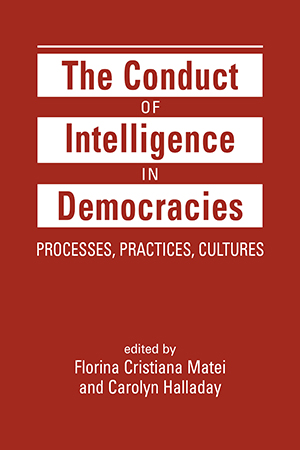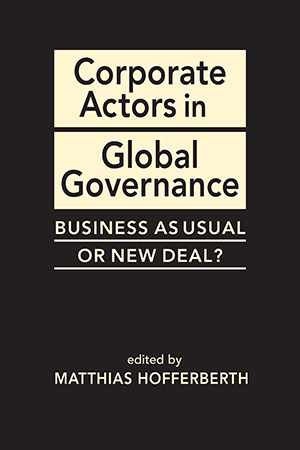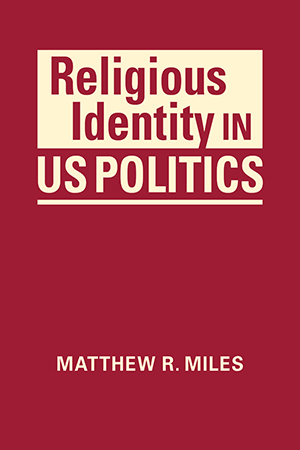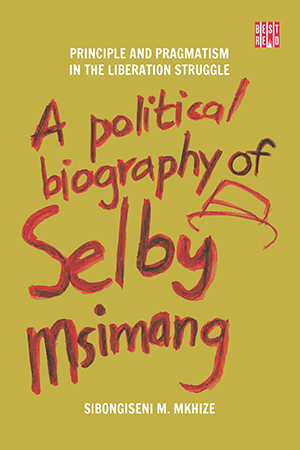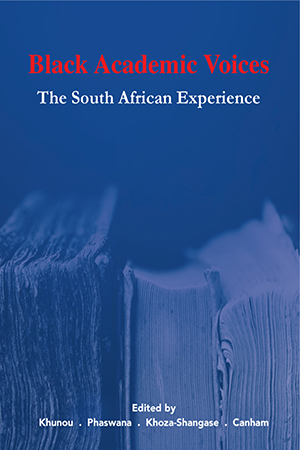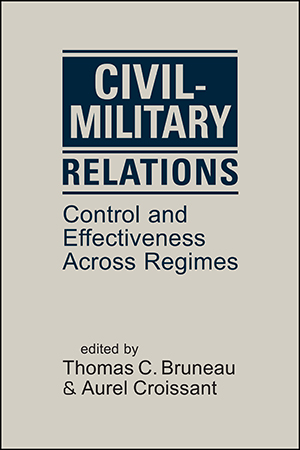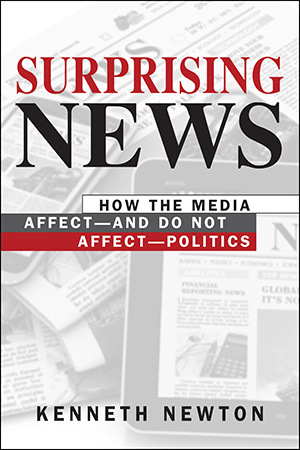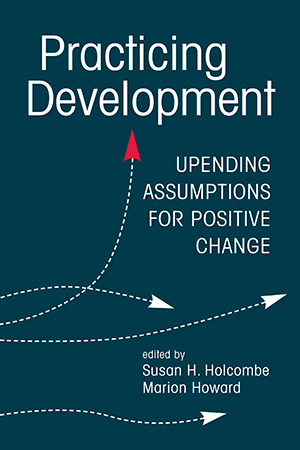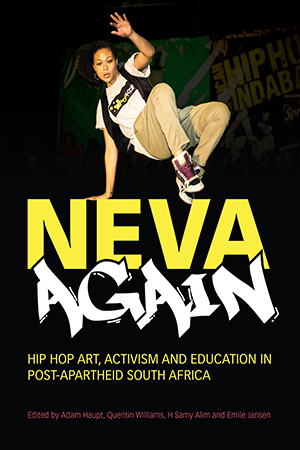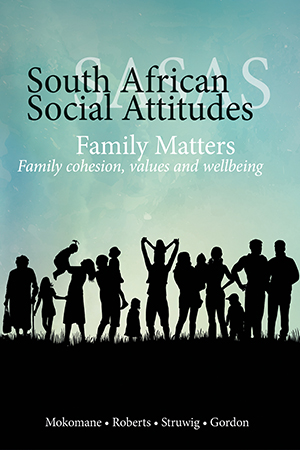BOOKS
What are the role and place of secret services and covert operations in democratic settings? How do states balance the need for both secrecy and openness? What are the challenges to creating More >
What part do/should corporate actors play in global governance? With regard to concerns over such issues as public health, education, human rights, and the environment, they arguably are More >
While existing scholarship addresses the influence of religious affiliation on political attitudes and behaviors in the United States, a number of puzzling questions remain unanswered. In More >
Henry Selby Msimang (1886-1982), one of the great South Africans of the twentieth century, was a founding member of the African National Congress in 1912, president of the pioneering More >
Why are so many black scholars in South Africa leaving the academy? In what ways does subtle—and sometimes overt—racial exclusion continue to be part of the everyday university More >
How does civilian control affect military effectiveness? Can a balance be achieved between the two? In-country experts address these questions through a set of rich comparative case studies. More >
What role do the media play in influencing political life and shaping public opinion and behavior? Do they support—or undermine—our democratic beliefs and institutions? Claims More >
Practicing Development bridges the gap between academia and the world of practice to address challenges and propose concrete steps toward more equitable, effective, and sustainable More >
The culmination of decades of work on hip hop culture and activism, Neva Again weaves together the many varied and rich voices of the dynamic South African hip hop scene. The More >
There has been considerable controversy and debate in South Africa (and elsewhere) in recent years over an apparent crisis of the family, including appeals for a return to More >



